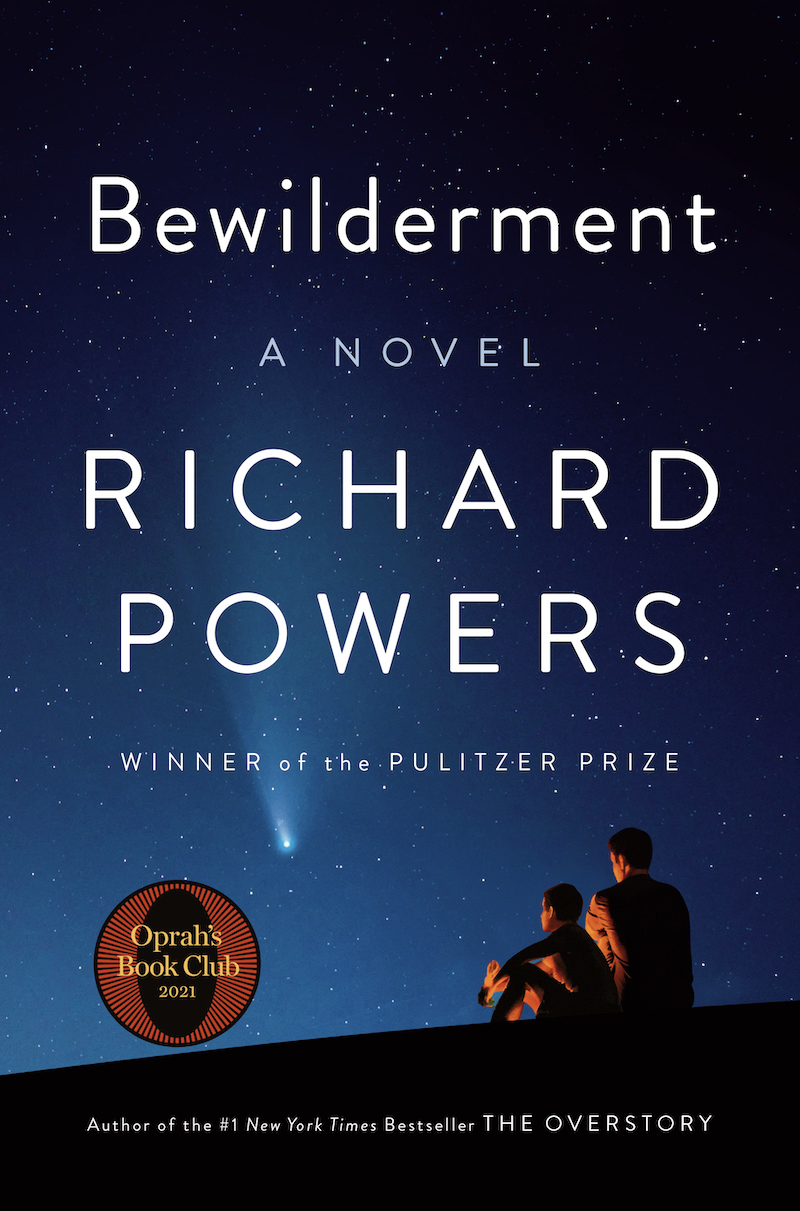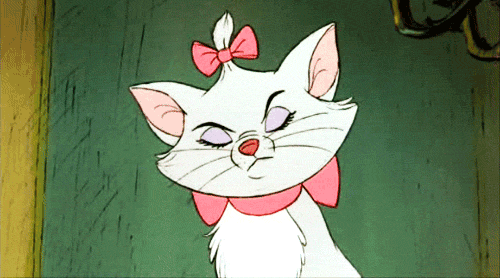What do you think?
Rate this book


278 pages, Hardcover
First published September 21, 2021
I wanted to tell the man that life itself is a spectrum disorder, where each of us vibrated at some unique frequency in the continuous rainbow.
I love you as certain dark things are to be loved, in secret, between the shadow and the soul.
"No doctor can diagnose my son better than I can."
He rehearsed memories endlessly, and every repetition of the details made him happier. When he finished a book he liked, he’d start it again immediately, from page one.
They share a lot, astronomy and childhood. Both are voyages across huge distances. Both search for facts beyond their grasp. Both theorize wildly and let possibilities multiply without limits. Both are humbled every few weeks. Both operate out of ignorance. Both are mystified by time. Both are forever starting out.
I love the handful of the earth you are.
Because of its meadows, vast as a planet,
I have no other star. You are my replica
of the multiplying universe.
I never believed in the diagnoses the doctors settled on my son. When a condition gets three different names over as many decades, when it requires two subcategories to account for completely contradictory symptoms, when it goes from nonexistent to the country’s most commonly diagnosed childhood disorder in the course of one generation, when two different physicians want to prescribe three different medications, there’s something wrong.. The link between this spectrum and Theo's own work with spectroscopic signals is another neat one linking Theo's work to a member of his family (here Robin).
The suggestions were plentiful, including syndromes linked to the billion pounds of toxins sprayed on the country’s food supply each year. His second pediatrician was keen to put Robin “on the spectrum.” I wanted to tell the man that everyone alive on this fluke little planet was on the spectrum. That’s what a spectrum is. I wanted to tell the man that life itself is a spectrum disorder, where each of us vibrated at some unique frequency in the continuous rainbow. Then I wanted to punch him. I suppose there’s a name for that, too.
I lay in our tent that night, thinking how Robbie had spent two days worrying over the silence of a galaxy that ought to be crawling with civilizations. How could anyone protect a boy like that from his own imagination, let alone from a few carnivorous third-graders flinging shit at him? Alyssa would’ve propelled the three of us forward on her own bottomless forgiveness and bulldozer will. Without her, I was flailing.
For me, the astrobiology and neuroscience in Bewilderment—two fields undergoing rapid and dramatic revolutions—are really ways into much older and more intimate human passions. Beneath the immense technologies and intellectual achievements of those pursuits are some primal questions built into human beings: Is life a one-off fluke, or is it inevitable and ubiquitous in the universe? What is consciousness? Can we know what it is like to be someone or something else? How do we land back on Earth and make a home here among the neighbours? Can we find contentment despite our bottomless hunger? How do we surrender the increasingly isolated self to the terrifying diversity of “endless forms most beautiful?” All these questions form the time-honoured heart of fiction. Bewilderment is Plato’s Allegory of the Cave. I’ve just updated the fable for the age of pandemics, exoplanets, and mass extinction.
I'd missed something obvious, in over thirty years of reading and two thousand science fiction books: there was no place stranger than here.
Don't worry, Dad. We might not figure it out. But Earth will.

How did real teachers handle this? How did they manage field trips down that river without faking the data or ignoring the obvious? The world had become something no schoolchild should be allowed to discover.

 come to my blog!
come to my blog!